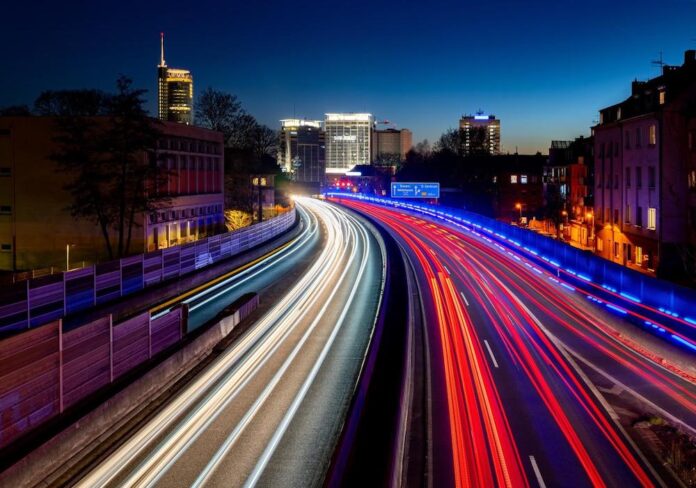Where’s the digital revolution?
Vodafone claims that customers of the first commercial urban deployment of Open RAN in Europe, like the UK seaside towns Torquay and Exmouth and docktown/military base Plymouth, are benefiting from improved services as a result of their technology leadership. There are no signs of any 5G-stimulated urban renewal or digitisation effects, however. “We’ve been keen to test the network’s improved internet speeds and access to 5G,” said Alberto Ripepi, Vodafone group chief network officer in his company blog, “we can already see the benefits for customers in these towns.”
The benefits are measured in network speeds. Vodafone is peaking at 700Mbps, double previous internet speeds, faster than 4G and better than the connectivity provided before. In the week of testing, Vodafone’s engineers observed that 5G Open RAN is available more than 99% of the time. This means customers can now make video calls, play online games and view content without any connection issues or delays, and with greater clarity and streaming quality. The network is there, but has business life improved?
There is no evidence presented that the people of the south west coast know how lucky they are. The gentrified fishing villages that were Torquay and Exmouth have no been urbanised sufficiently to have a combined population of around 87,000 people. As the first recipients of the ‘revolutionary technology, surely these are precisely the types of towns where business could do with being transformed. Are any fishing boats and businesses involved in the supply chain associated with the fishing industry, such as distributors, benefitting from the new technology? How?
If 5G is to lead the digital transformation of industries in need of rejuvenation, then surely it would be good to illustrate how that is happening, with some examples.
Vodafone’s golden cluster currently extends beyond the these coastal towns and comprises 14 site. This is just the beginning of its Open RAN deployments in the UK with five cities – Exeter, Plymouth, Swansea, Telford and Birkenhead –its Open RAN roadmap. Each of those citires exceeds 100,000 citizens. It would be more impressive if Vodafone could show how it’s technology is catalysing change through the creation of new apps and new business processes that never existed before.



